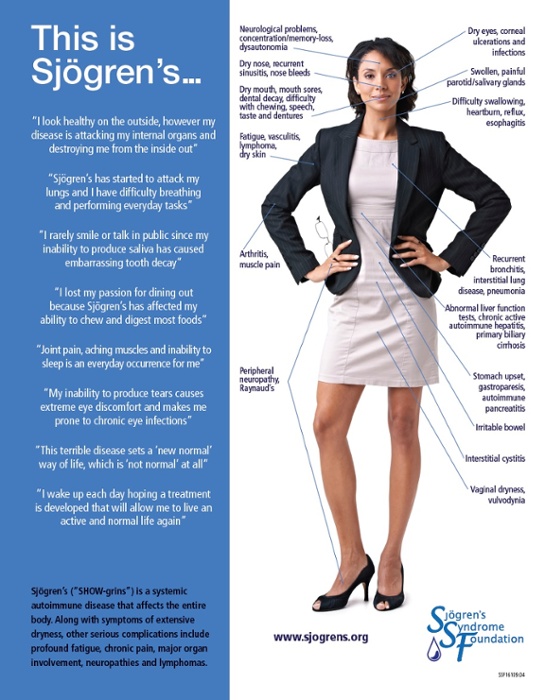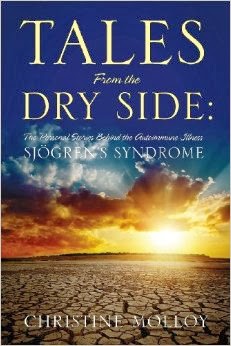“Comparison is the thief of joy.” ~ Theodore Roosevelt
I have a confession to make.
I have Facebook envy.
Not over things like people getting married, having babies, etc. I’m good with all the happy events and I will be the first person commenting on your joys. And, your sorrows. No, this is more about the evil jealousy monster that pops up when Facebook world seems so much easier than my world. “Seems” being the operative word here.
Sometimes it is bad, like when I am having a tough time physically and not able to get out of the house much. I open up that Facebook newsfeed, start scrolling, and my mind is assaulted of image after image of people getting together, having fun, and making memories. Many times, I am fine with it all. But then there are other times when it is just plain hard. It’s those times that I have to remember that the grass is not always greener and even if it is, who cares??
To be honest, I am guilty of excessive sharing, of what I am doing, on Facebook; which made me sit down and think about my motives in doing that. Why do I post that I am out having fun with my husband? Why do I feel the need to “check-in”? I cannot speak for anyone else, but for me personally, when I post stuff like that, it’s all about sharing my happiness with those who are important to me. I don’t collect Facebook friends; people who are on my page are people I genuinely care about, want to stay in touch with, and/or want to truly get to know better. The two people that come to my mind right away are my mother and brother. They see me struggle so much and are always supporting me. I know for a fact that they like to see when I am happy and/or doing well.
I have seen people post on Facebook, myself included, about how one cannot get a true picture of another person’s life just from reading a person’s Facebook page. I agree with that to a point, but the reality is, many people just post the happy highlights of their life. They don’t go deeper and allow us to know the unsavory or tough parts of their lives. Sure, everybody has a right to post what they want, but I try very hard to be as authentic as possible on Facebook.
So why the envy on my part? Well, like I said, some of it is based on the fact that I want to be able to be out in the world and because of my physical limitations, I often cannot do that. And, that can be very hard for me. It’s not other people’s fault, or even their problem. It’s just how it is. One of the solutions to this would probably be to spend less time on Facebook.
Then there is also insecurity and that nagging feeling I keep working on eliminating from my life. You know the one: it says “you are not good enough” or “you’re too much work.”
In addition to that, I struggle at times with feeling left out. I’m embarrassed to admit that, because it shows a vulnerable side of me that I am not always as comfortable with as I’d like to be. Feeling left out does make me sit back and think about if I have been inclusive when the tables are turned. The answer is always yes, to the best of my ability anyways. So then the question comes up for me, is it me? Is there something I am lacking in my personality? Is it the fact that because of my health, I am not always reliable? I honestly don’t know the answer to those questions, but I AM beginning to realize that it doesn’t matter. My goal as a human being should not be to worry about what people think of me or whether they like me. My goal should be to just be an authentic person doing the best she can in this world.
The funny part about all this is, when somebody talks to me off of Facebook, either in person, by text, e-mail, etc., about what they have been doing in life and the fun they may be having, I am genuinely happy for them, even on my very worst days. I don’t have “in person jealousy”. I never have. So what is it about Facebook that elicits that response in me when it is the complete opposite off of Facebook? I will get back to you guys when I figure that one out!
This week, I had a Facebook exchange with a friend of mine about a chronic illness blog entry I posted, not one of mine. A couple of things we both said stood up to me, even twenty-four hours later. I had mentioned to her that oftentimes, people are clueless about what people with chronic illness go through on a day-to-day basis and what our limitations are, especially socially. It wasn’t intended as a crass statement, just a fact. I know for me, there are maybe two or three people, who do not have a chronic illness, that get what I go through every day…not because other people don’t care (some don’t, but most do), but because they are not living my experience. The two or three people who do get it are around me enough to see the struggle and trust me, they know it’s real!
That all being said, after the exchange with my friend, it made me realize that it works both ways. Yes, most people don’t “get it”. But oftentimes, I don’t get them either. For example, I have no idea what it is like, as a woman, to work full-time and raise children. I can appreciate the struggle of that, but I can never truly “get it” because I’ve never lived it. The same holds true for for military spouses. I cannot even begin to imagine what it is like to have my spouse serving overseas and seeing them so infrequently, while keeping the household and rest of the family together. I can listen and support, but I cannot truly understand.
My friend mentioned in our exchange about how, as people with chronic illness, our lives are so different than our friends or family member. She’s right. What is important to us may not be important to them. Something that they might struggle with may be totally out of the realm of possibility for us. But I guess that is the point I am trying to make. It doesn’t have to be us vs. them. Sometimes people don’t want to make the effort to understand a person with a chronic illness. And sometimes we are just too damn tired to make an effort to understand them. But, amazing things can happen when we make an attempt to meet somewhere in the middle. Compassion goes a long way to mutual understanding.
One of the best things a friend ever said to me was this: “I don’t understand what you go through day to day, but I’m sure it’s hard. I’m here.” That’s it. That simple. Can you imagine what it would be like if we ALL said that to our friends and family?
Despite all this writing, my message is simple: don’t compare yourself to others.
You are on this earth for a reason.
You are a miracle.
Shine bright.





